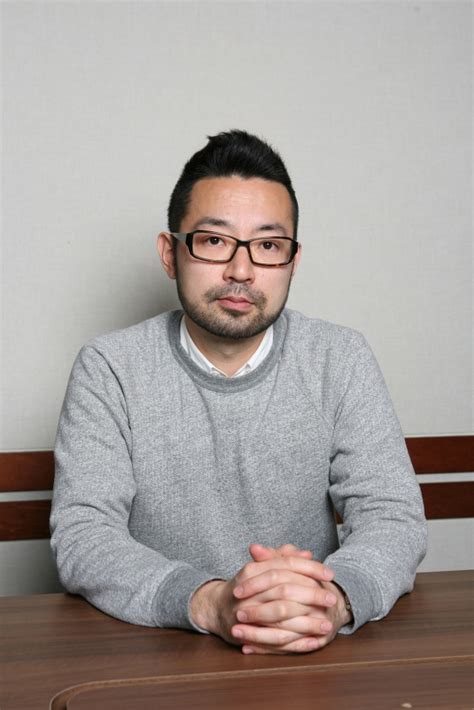A Quote by Mark Manson
Whereas a lot of Buddhism concerns itself with stages of enlightenment, various precepts and moral codes, and even power structures and hierarchies, Zen is just like, 'Shut up, sit down, and observe your thoughts - oh, and by the way, what you perceive as you' doesn't actually exist.' I loved the minimalist approach of it.
Related Quotes
Kids don't say, "Wait." They say, "Wait up, hey wait up!" Because when you're little, your life is up. The future is up. Everything you want is up. "Hold up. Shut up! Mum, I'll clean up. Let me stay up!" Parents, of course, are just the opposite. Everything is down. "Just calm down. Slow down. Come down here! Sit down. Put... that... down."
My ethics, my sense of morality, my work ethic, my sense of compassion for suffering humanity, all of that comes directly out of the practice of poetry, as does my Buddhist practice. Poetry is a very important element in the history of Buddhism in general and in Zen in particular. It was really Zen that motivated me to change the way I perceive the world.





























